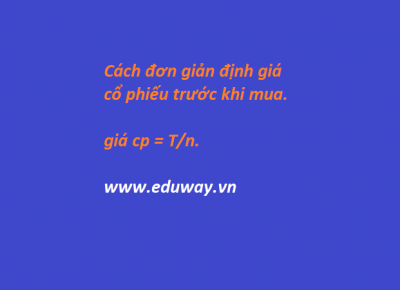How the environment shapes the mind
Observe yourself: when you pick up your newspaper to read, which pages do you read first? Front page? Financial or stock market? International? Sports page? Or some other page?
Or observe yourself: When you open the whatsapp, which chat do you read first? Which groups’? Which friends’?
Reading the newspaper or reading the whatsapp are exclusively personal actions. Nobody tells us what to read first. Yet, we have developed certain preferences over time. How do these preferences develop? Are these preferences created in our mind by the people or the environment we live in?
Everyone knows that the environment influences our minds. But exactly how does it influence? Here ‘environment’ does not mean only the weather, but mainly the people we come across or the ideas we come across. They may be people we actually meet. Or the people we come across through media: books, TV, internet or social media such as Facebook or Whatsapp. Sometimes, we don’t even know whose ideas we are receiving. For example, most of the times, we do not know the people who have created the advertisements. Yet these people or their ideas influence our minds.
The most important point to be noted is this: ‘Environment shapes our minds, but we choose our environment’. We choose whom we spend our time with. For example,on weekends, whom are you going to spend your time with? Who are your ‘friends’ or ‘peers’? How do we choose our friends or peers or groups?
‘Birds of a feather flock together’ is half of the story! People who have a common liking come together. For example, if you have some religious interest, you choose religious people as your peers. So, you may join some religious group. Or if you have a liking for nature, you may join a nature group. And so on for other wishes such as drinking alcohol, social service, professional interests etc.
But what happens after we join a group – or develop friendship with like-minded people? That is the other half of the story! Initially, you may have a mild or moderate level interest. But when you spend more time with those people, your beliefs and wishes become stronger and more intense.
That topic starts becoming more important in your life. This is true for all the different interests that all such groups have. For example, the interests may as varied as the following: saving the animals, traveling, taking ‘weed’ or other drugs, hating and doing mass killings of people of other religions, enjoying literature, trekking, various nerdy activities (such as writing software), helping needy people etc.
In all such groups, there are ‘leaders’ who themselves are highly motivated. This means they have intense beliefs and wishes. And they are willing to put in efforts to fulfill the wishes. One basic desire of all human beings is to spread one’s own beliefs and wishes. And in the process, convert other people to one’s ideology. This is true for all the spheres of human activity – such as those mentioned above. If you find something good, you motivate others to try it. It may mean recommending a restaurant or a religious guru or a political party or a brand of alcohol and so on. All of us want others to do the activities that we find good or important. So we try to ‘sell’ our ideas to others! We strive to create more followers or peers.
So, when we join such groups, the beliefs and wishes become more intense and we become more and more motivated to those activities. So, you start spending even more time with group doing those activities!
One important aspect of such an effect is that we mould ourselves (change our behaviour) to fit into the group, to be accepted by the group members. If you join a nature group, this may translate into giving up plastic bags. If you join a gangster group, this may mean speaking foul language and becoming aggressive. If you join a drinkers group, this may mean praising and glorifying alcohol. And so on.
Advertising is an important part of our environment. Advertisers want a place in your mind. All advertisements want to create specific beliefs in your mind. For example, this brand of deo will attract ladies to you! That brand of TV has the best picture quality. (Never mind that the ‘excellent picture quality’ that you are seeing in that advertisement – you are actually seeing on your good old TV!)
When we develop such beliefs, it translates into wishes – wishes to buy those products. When the wish becomes sufficiently intense, it translates into the advertisers’ dream: we spend cash on that brand! It useful to understand how the environment, the people influence our mind – our beliefs, wishes and behaviour.
Read the original









